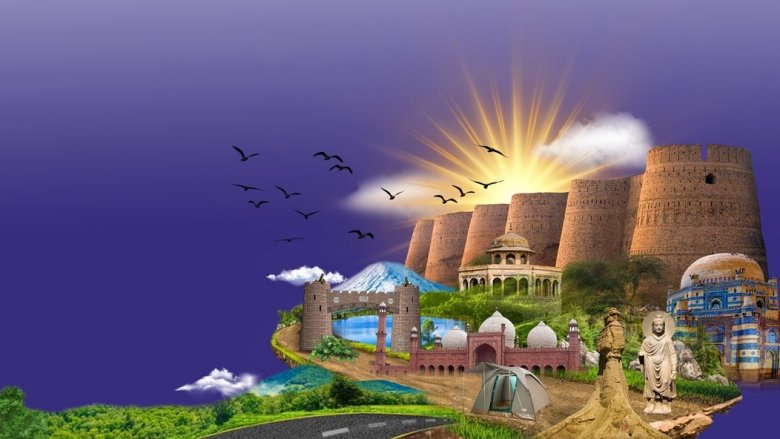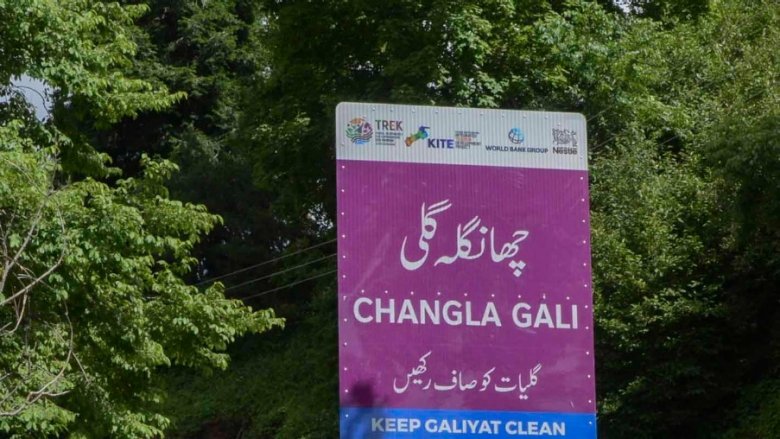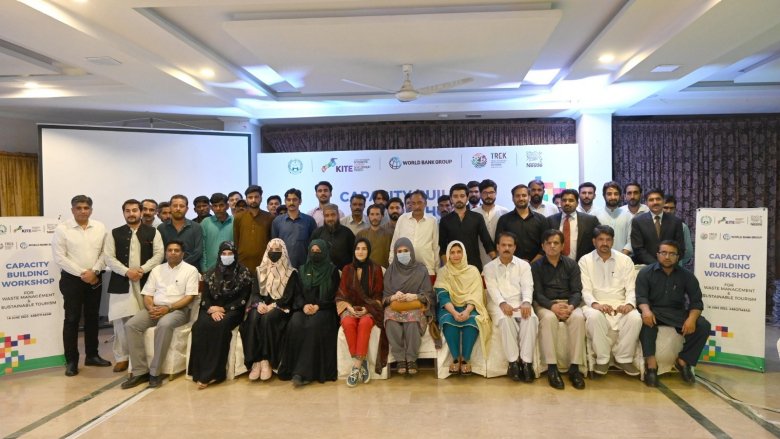Growing up, Muhammad Numan saw a cleaner, more natural environment in Khyber Pakhtunkhwa’s tourist destinations. But as time passed and tourism surged, the local landscape he once knew began to change. The influx of tourists resulted in a growing pile of litter across the otherwise scenic sites in the north.
The travel and tourism sector’s total contribution to Pakistan’s GDP was 5.9 percent in 2022 and 4.2 million jobs. This is sub-optimal considering the diverse tourist sites located across the country. Pakistan attracted ~US$ 16 billion in visitor spending in 2022 which is projected to touch ~US$ 30 billion in 2033.
Pakistan experienced an unprecedented surge in domestic tourism immediately after the Covid induced travel restrictions were lifted: For instance, in 2021 and 2022, over 1.2 million domestic and international tourists visited the country’s Khyber Pakhtunkhwa province alone.
To manage this increasing all-season footfall of visitors while harnessing its understated economic potential, the local authorities, communities, and private sector require resources, equipment and training without losing focus on green and inclusive tourism.
Determined to make a change, Numan, who now works as a manager at a local hotel in Swat district of Khyber Pakhtunkhwa, sought ways to mitigate the negative impact of the tourism industry on the ecosystem. That is when he came across the “Travel Responsibly for Experiencing Eco-tourism in Khyber Pakhtunkhwa” (TREK) initiative – a partnership between the Government of Khyber Pakhtunkhwa, World Bank (WB) and Nestlé Pakistan to promote and support responsible tourism initiatives.
TREK complements the ongoing activities of Khyber Pakhtunkhwa Integrated Tourism Development Project (KITE) project for heritage preservation and tourism infrastructure development. Since 2020, it has completed awareness campaigns for tourists, and training of local communities and hospitality businesses on waste management. TREK has trained over 650 participants from more than 150 hotels and restaurants in Khyber Pakhtunkhwa’s tourist areas. The beneficiaries also included local communities, local authorities and academia of Peshawar, Nathiagali, Abbottabad, Swat, Naran and Chitral districts.
These trainings concentrated on solid waste minimization, segregation, management, and recycling techniques. Public service messages on responsible tourism were also launched through social media and radio campaigns in Khyber Pakhtunkhwa and cities of Islamabad and Lahore. Most country’s domestic tourists are concentrated in these geographies and were thus able to receive communication on tourist helplines on the importance of keeping the sites litter-free.
10,000 reusable bags were distributed to tourists and the hotel association in tourist hotspots aiming to encourage their use and minimize littering. In parallel, the IDA-financed KITE project provided waste bins, garbage collection and compacting machinery to the local authorities in Nathiagali, Naran, Chitral and Kumrat districts of Khyber Pakhtunkhwa, and a few locations in Punjab province, and installed 50 tourist information signboards to complement the awareness campaigns.



